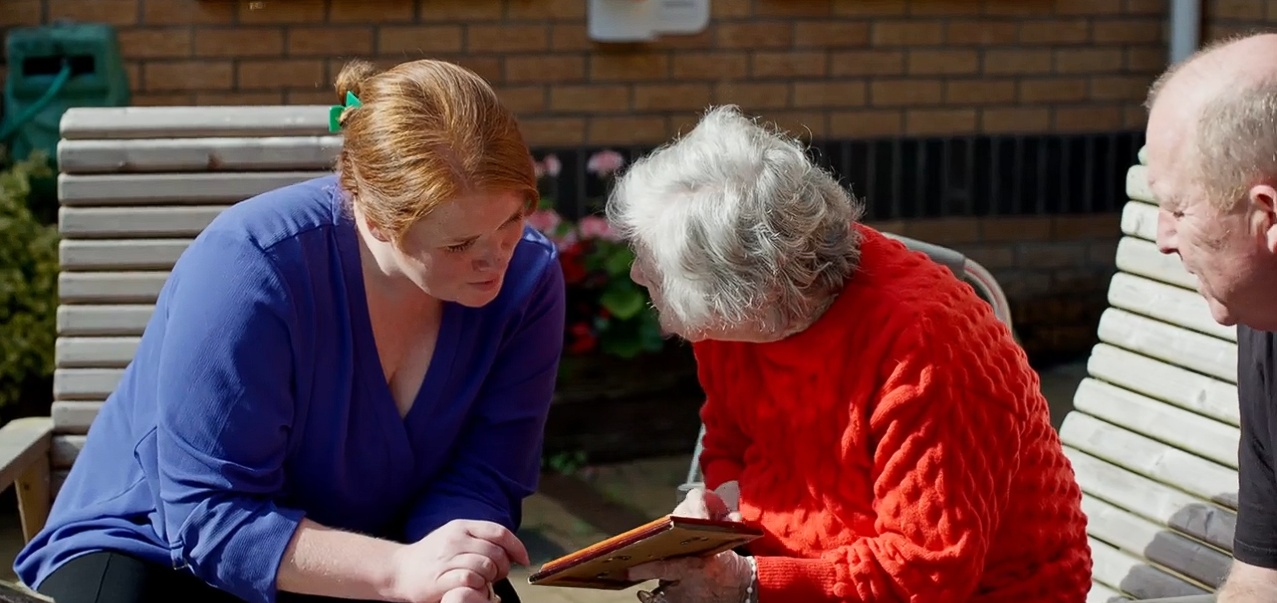
-
Source
Linguistic and cultural barriers in patient-doctor encounters (Germany)
Advances in medicine have led not only to better diagnosis but also to more accurate predictions about the future development of illnesses. As a result, unfavourable diagnoses are made more frequently and are accompanied by a need to communicate poor prognoses to patients. As the following case study demonstrates, linguistic and cultural barriers often play a central role in the processes leading up to clinical–ethnical conflicts in medical practice.
A 23-year-old Turkish man living in Germany was diagnosed with malignant cancer. Several cycles of chemotherapy were unsuccessful and his health deteriorated; it became clear to doctors that his death was imminent. Both the patient and his family had only rudimentary knowledge of German, making effective communication with the medical team very difficult. With the help of an interpreter from the patient’s extended family, the doctor in charge informed the parents of their son’s hopeless situation. The son was also partly involved in this talk.
A nurse of Turkish descent overheard the conversation, and later informed the doctors that the interpreter had not given the patient information about his expected death, probably on the request of his parents. The doctors considered this to be a clear contravention of the patient’s right to know about the state of his own health. With the help of a different interpreter, they arranged another conversation with the patient during which he was informed of the possibility that he may soon die. Two days later, the patient passed away. The parents later accused the doctors of being responsible for their son’s death by contributing to the worsening of this condition and thus hastening his demise.
In this situation, neither party truly knew why the other had acted as they did, nor did they grasp the different sets of values underpinning each other’s decision-making process. The story demonstrates the value of culturally sensitive communication in the process of reaching a mutual understanding of different values and attitudes. It also reinforces the importance of embedding intercultural competence within medical training and practice.
Photo by Samartha J V on Unsplash




